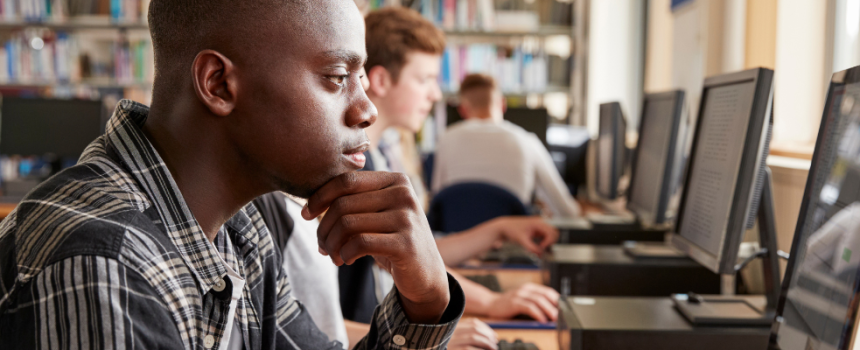If you post but no one responds, do you even exist?
Your social media post didn’t get the likes and comments you hoped for. You put yourself out there. No one said anything; no one cared. By now, many of us are aware of the studies linking hours of scrolling to severity of low self-worth. (Do we even need better confirmation that comparison is the thief of joy?) But posting online, not just scrolling, can directly worsen a sense of social isolation.
Posting online creates the sense that you must always be responding to someone in order to be seen, or you always need to post and get likes or comments in order to exist. This new and common experience easily perpetuates a sense of isolation, unworthiness, and that you are just not good enough.
Talk to your teens about their experiences online. Talk about their expectations for posting. Talk about how much it can hurt not to get any comments. When other people’s ego is magnified, your ego shrinks.
Your friend’s sister walks past without noticing you in the hall this morning as she is absorbed in thought about the crazy-hard math test she just took. That moment wasn’t recorded for you to view over and over again. You aren’t checking back to see if she looked now. Or now. Or now…. hours later. We don’t have the chance to dwell and hope that it could happen. Any. Second. Now. Refresh. Online, however, your posting failure is permanently out there. Your next post will have to be more dramatic for people to notice, or maybe you just don’t matter enough to try again.
Why doesn’t anyone care about what you’re saying? Because, in general, most people are focused on themselves. That’s right, I said it. You, in your post, mostly care about yourself and your own experience. Your readers, as they see your post, mostly care about how it relates to them. Social media seems to highlight the basic human experience of egocentricity.
While there are positives to using social media – like keeping up with the lives of faraway family and friends – there are many potential risks, including this feeling of invisibility that can grow to self-loathing and depression. If your teens are using social media (as 75% of them are), it’s important to discuss your family’s rules for social media use and to help them learn to use these sites responsibly. In this article from the American Academy of Child and Adolescent Psychiatry, you can find lists of potential risks to be aware of and suggestions for safe and appropriate social media use.


